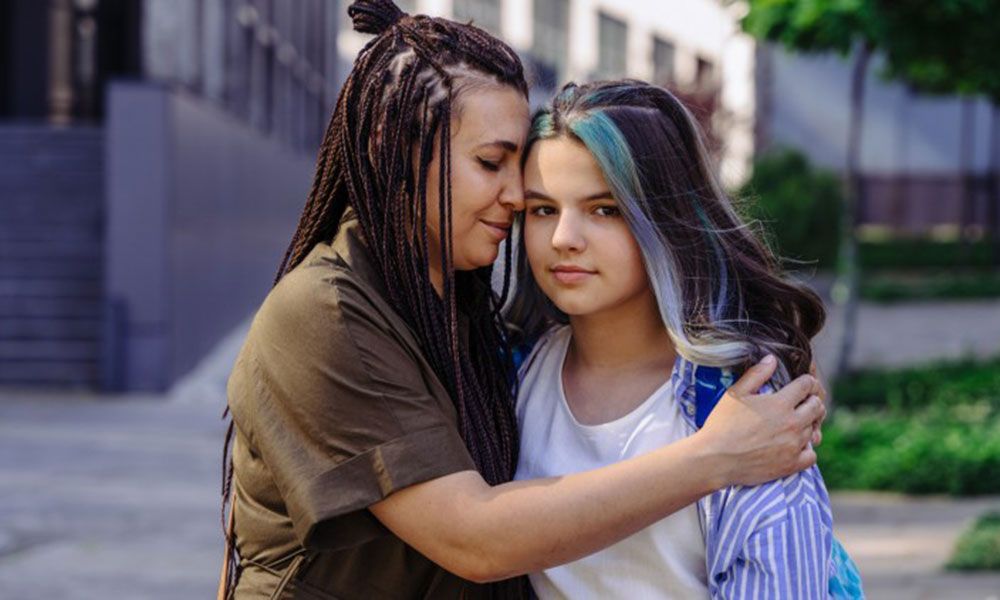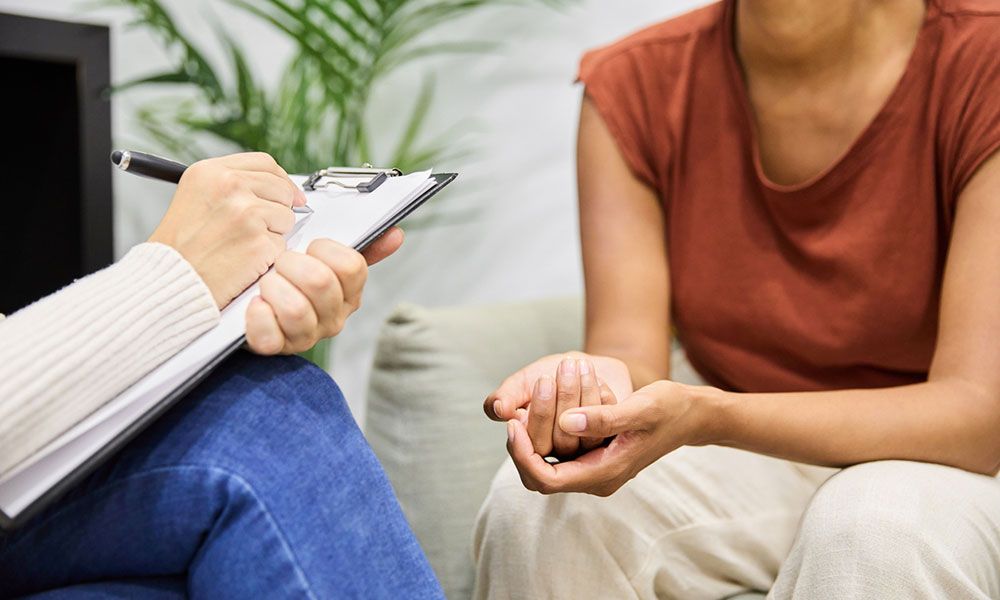Reducing stress one pose at a time

yoga-horizontal
Erica Kaufman, founder of Lila Yoga
February 16, 2022
By Grace Strayer, PRC Communications Intern
International yoga instructor Erica Kaufman is bringing her practice, Lila Yoga, to College of Health and Human Development faculty, staff and students through weekly virtual sessions on Mondays from 5:30-6:15 p.m. Sessions will last until April 18. Participants are invited to attend any or all sessions and can register for free on the Program on Empathy, Awareness, and Compassion in Education website. Led by Kaufman, sessions will be assisted by Chris Mahlobo, doctoral candidate in human development and family studies.
According to Kaufman, the classes will include physical poses, breathing and meditation practices, and the philosophy of yoga. “Yoga helps us live with greater balance and ease. The postures not only help us gently gain strength and flexibility but also help us understand what is going on internally, energetically, even subconsciously.”
“How we breathe is key in our well-being,” Kaufman continued. “Every emotion has a correlating breath pattern. Gaining skills in mindful breathing helps us to relax, focus, and even energize at will rather than whim.”
Kaufman also acknowledged our collective “Zoom fatigue,” but hopes that the slow pace and verbal cues of the Zoom-based program will help free participants from staring at the screen during sessions.
In sitting still and working on our computers, we can become tense with no outlet for our energy and feelings, Kaufman added. “Sometimes moving our bodies releases energy and can actually allow our mind to become more quiet and still.”
Leaning into the benefits of yoga
There is evidence that yoga practices benefit the mind, body and brain, says Robert Roeser, Bennett Pierce Professor of Caring and Compassion and professor of Human Development and Family Studies.
“The science of yoga shows that as a mind-body practice…yoga can have beneficial impacts on reducing feelings of anxiety and depression, stress, [and it] can even help with pain and reduce cardiovascular risks,” Roeser said.
Roeser noted one of the biggest challenges of the pandemic is maintaining our social ties, and how the absence of such connections can be experienced as stress and fatigue in our minds and bodies. He said that the yoga classes are an offering for stressful times through the practice of community.
“We’re trying to come together to take positive steps to maintain our health and well-being, even though it’s not always easy because of the duration of this pandemic,” Roeser said, inviting the College of Health and Human Development community to consider joining on Monday evenings “for a time for moving and for being still together during these challenging times.”
Reducing stress one pose at a time

yoga-horizontal
Erica Kaufman, founder of Lila Yoga
February 16, 2022
By Grace Strayer, PRC Communications Intern
International yoga instructor Erica Kaufman is bringing her practice, Lila Yoga, to College of Health and Human Development faculty, staff and students through weekly virtual sessions on Mondays from 5:30-6:15 p.m. Sessions will last until April 18. Participants are invited to attend any or all sessions and can register for free on the Program on Empathy, Awareness, and Compassion in Education website. Led by Kaufman, sessions will be assisted by Chris Mahlobo, doctoral candidate in human development and family studies.
According to Kaufman, the classes will include physical poses, breathing and meditation practices, and the philosophy of yoga. “Yoga helps us live with greater balance and ease. The postures not only help us gently gain strength and flexibility but also help us understand what is going on internally, energetically, even subconsciously.”
“How we breathe is key in our well-being,” Kaufman continued. “Every emotion has a correlating breath pattern. Gaining skills in mindful breathing helps us to relax, focus, and even energize at will rather than whim.”
Kaufman also acknowledged our collective “Zoom fatigue,” but hopes that the slow pace and verbal cues of the Zoom-based program will help free participants from staring at the screen during sessions.
In sitting still and working on our computers, we can become tense with no outlet for our energy and feelings, Kaufman added. “Sometimes moving our bodies releases energy and can actually allow our mind to become more quiet and still.”
Leaning into the benefits of yoga
There is evidence that yoga practices benefit the mind, body and brain, says Robert Roeser, Bennett Pierce Professor of Caring and Compassion and professor of Human Development and Family Studies.
“The science of yoga shows that as a mind-body practice…yoga can have beneficial impacts on reducing feelings of anxiety and depression, stress, [and it] can even help with pain and reduce cardiovascular risks,” Roeser said.
Roeser noted one of the biggest challenges of the pandemic is maintaining our social ties, and how the absence of such connections can be experienced as stress and fatigue in our minds and bodies. He said that the yoga classes are an offering for stressful times through the practice of community.
“We’re trying to come together to take positive steps to maintain our health and well-being, even though it’s not always easy because of the duration of this pandemic,” Roeser said, inviting the College of Health and Human Development community to consider joining on Monday evenings “for a time for moving and for being still together during these challenging times.”
Related Projects
Related People
Related Projects
Related People










